What Conditions Automatically Qualify You For Disability?
SSA's Definition of a Disability
A disability is a medically determinable physical or mental impairment that:
- Deemed permanent or to be expected to last indefinitely or for a continuous period of not less than one year or to result in death.
- Does not perform substantial gainful activity or is otherwise unable to do past relevant work.
This definition of 'disability' hinges on two factors: how severe and permanent the impairment is and how it affects one's ability to work.
Here's a breakdown:
Medically Determinable
Objective medical evidence must be shown to the SSA regarding your conditions and what is impairing you.
Severity and Duration
The condition must be severe enough to prevent you from working and expect to last an entire year or be terminal.
Impact on Work
This is the crux of the matter. The SSA will decide if your condition substantially limits you from being able to do work you have done in the past or any type of work activity.
Important Note: The SSA maintains a Listing of Impairments, an exhaustive manual on illnesses or disorders that typically would meet their disability qualifications. Unfortunately, having one of these conditions on the listing does not lead to immediate qualification.
Helpful blog: List of impairments
Physical Conditions Qualify for Disability
A variety of physical conditions can let you apply for disability benefits. Typical examples are Musculoskeletal, Brain-related Illnesses, Sensory Issues, Different Cancers, Breathing Problems, and Heart-related Illnesses.

Medical Conditions Qualify for Disability
Disabling conditions are not limited to physical limitations. A large number of mental health conditions can also be qualifying considerations in disability benefits. Here are some examples:
You should seek legal advice before special medical conditions meet the approval criteria. Consult with medical professionals and legal experts as early as possible to increase your chances of success in your appeal.
Major Depressive Disorder
Daily life and job may be changed if symptoms are severe and keep happening.
Anxiety Disorders
Generalized anxiety disorder, panic disorder, social anxiety disorder, and many others greatly restrict the capability to operate at work, school, or everyday tasks.
Bipolar Disorder
When the essential life parts that deal with job and social activities are greatly affected during either a manic or depressive episode.
Schizophrenia
It is a severe mental disease. Its symptoms can include seeing things that are not there, having false beliefs, thinking confusedly, or all these signs blending. It often happens when someone does not want to work.
Post-traumatic Stress Disorder (PTSD)
When an awful and severe incident dramatically affects a person's everyday life and their ability to do their job.

Most Frequently Approved Disability for SSD And SSDI
Even though the most regularly approved type of disability keeps changing over time, muscle and bone issues and problems with mental health stay very high in rank. It is because many people have such conditions and how much they affect a person's ability to work.
Suggestion: What are the most common disabilities
Disability Approval Process
The path towards claiming disability benefits follows a multiphasic process:
Application
Online, by telephone, or in person at your local SSA office, you can apply.
Initial Determination
The SSA will assess your application based on your medical records and work history. They may ask for more information or a medical examination.
Reconsideration
If you wish to ask for another look at your application, which was not accepted before, it will get another look by a different examiner.
Hearing
If your application gets turned down, you can ask for reconsideration. In this case, another examiner will look over your application again.
Appeals Council
If your claim is denied again after further consideration, you can request a meeting with a judge knowledgeable about administrative laws.
Federal Court
If the judge does not approve your claim, you can appeal to the Social Security Administration's Appeals Council. You can also take your case to a federal court as a final option.
It is tiring and takes up time, so it is advisable to work with an experienced advocate or attorney practicing disability law.
SSI or SSDI Compassionate Allowances
The SSA's Compassionate Allowances (CAL) program provides a faster process for people who have severe, particular diseases. Let’s know how it works:
Expedited Processing
CAL conditions are presumed to satisfy the definition of disability under SSA and will facilitate fast-tracking any case review. That could cut the wait so much, sometimes shortening it to about a year.
Eligibility Criteria
SSA publishes a List of impairments for CAL, which usually include rare diseases, advanced stages of cancer, and severe neurological disorders.
Application Process
While there is no CAL-specific application, the fact that there is a condition allows a CAL application to be more easily recognized and automatically tagged for expedited review when it arrives at the door.
Benefits
Remaining eligible for a CAL condition does not automatically result in benefits approval. The SSA still needs to verify your medical condition to ensure you meet other nonmedical requirements for SSI or SSDI.
Additional Considerations:
Legal Representation
It is helpful to have a professional attorney or advocate conversing with the CAL during the application process since your medical records may not easily capture the severity of your condition.
Recordkeeping
Exhaustive medical records that record each step of your condition will prove critical in ordinary and CAL applications.
Understanding which conditions qualify for disability and the SSA's definition of 'disability' is crucial before applying for SSI or SSDI. If the process seems complicated, seeking professional help from the Law Offices of Eric R. Hunt, and understanding programs like Compassionate Allowances, can simplify it and improve your chances of receiving the financial aid you deserve.
Related Read: Steps to take after denial of your disability claims, SSI or SSDI which aid suites best for you
A Caring SSDI Attorney Serving Temecula, Palm Springs, and Hemet in CA
We know how hard it can be to take on the government, particularly if you're chronically ill and in pain. That's why the Law Offices of Eric R. Hunt will always fight doggedly for our clients, offering determined seasoned legal representation to everyone we work with.
We also strive to treat every client with courtesy, honesty, and respect, doing our best to make the legal process as straightforward and calm as possible. We're a locally owned practice, and our client's satisfaction is our number one priority.
We will get back to you as soon as possible
Please try again later
Specializing in Social Security
Disability Cases Since 2004
Serving the Inland Empire, including Hemet, Temecula, Palm Springs, and Riverside and San Bernardino counties.
Quick Links
The Staff
Privacy Policy
Do Not Share My Information
Conditions of Use
Notice and Take Down Policy
Website Accessibility Policy
Legal Disclaimer
This website is for informational purposes only. The information you obtain at this site is not, nor is it intended to be, legal advice. You should consult an attorney for advice regarding your individual situation. We invite you to contact us and welcome your calls, letters, and electronic mail. Contacting us does not create an attorney-client relationship. Please do not send any confidential information to us until such time as an attorney-client relationship has been established.
Contact info
© 2024 The content on this website is owned by us and our licensors. Do not copy any content (including images) without our consent.











